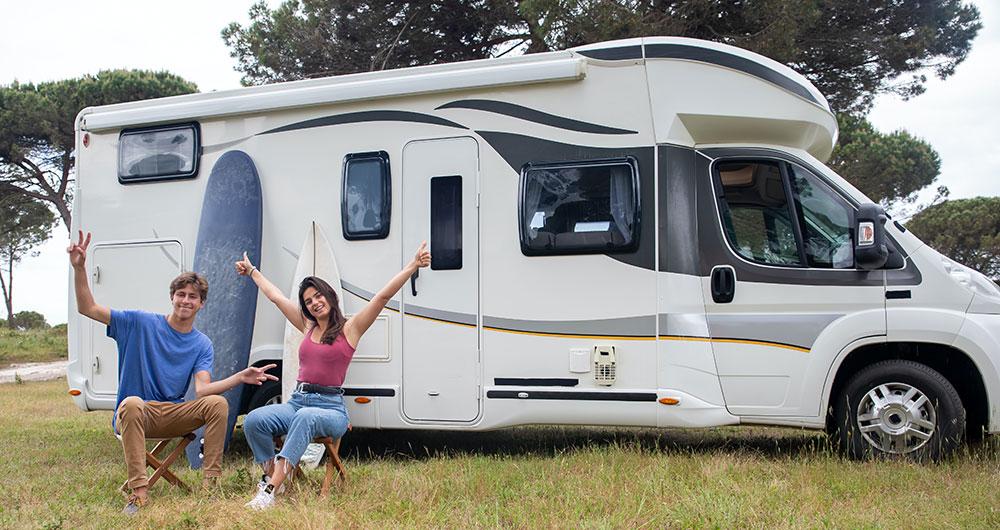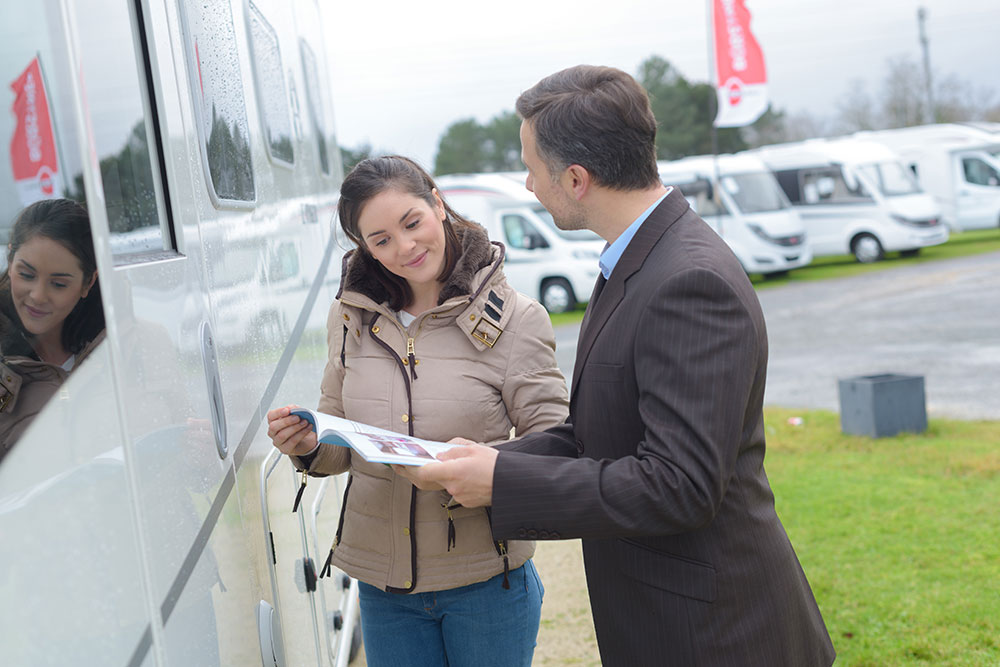If you're enthusiastic about RVing and eager to become an RV owner, there are several crucial factors to consider before making a purchase. While owning an RV can provide an excellent opportunity to relish the beauty of nature, create lasting memories with your loved ones, and experience a sense of freedom and adventure that can be hard to find elsewhere.
However, RVs also come with responsibilities. Before buying an RV, it's vital to do your due diligence and ensure that you're financially prepared for the cost of ownership and maintenance.
The Initial Cost
The cost of buying an RV can vary greatly depending on the type and size of the vehicle. On average, a new Class A motorhome can cost anywhere from $100,000 to $500,000 or more. A new Class C motorhome can range from $50,000 to $150,000. Travel trailers and fifth wheels are generally less expensive with prices ranging from $10,000 to $100,000. Keep in mind that newer models and larger RVs tend to come with a higher price tag.
If you’re not ready to make such a huge investment upfront, there are options for financing or even renting before buying.

Maintenance Costs
Like any vehicle, regular maintenance is required for your RV. Oil changes, tire rotations and replacements are all necessary expenses that come with owning an RV. It's also important to keep up with general repairs as they arise so that small issues don't turn into larger problems down the road.
It's recommended that you keep a budget for these ongoing maintenance expenses so that you're not caught off guard by unexpected costs.
Storage Fees
When not in use, most RV owners will need to store their vehicles somewhere safe and secure. This could mean paying for storage at a facility or keeping it on your own property if feasible. On average, indoor storage facilities charge between $50-$300 per month depending on location and amenities provided.
Fuel Costs
Fuel costs will depend on how often you travel in your RV as well as its fuel efficiency. Larger Class A motorhomes tend to have lower fuel efficiency than smaller models like Class C motorhomes or travel trailers. Plan accordingly based on your expected usage.
Campsite Fees
One of the biggest benefits of owning an RV is being able to stay at campsites across the country. However, these campsites usually come with fees ranging from around $20-$80 per night depending on location and amenities provided.
It’s important to keep these fees in mind when planning your trips so that you don’t go over budget.

Insurance Costs
Insurance is another expense to consider when owning an RV. Policies can cover everything from liability protection while driving or parked at campsites to replacement coverage if your vehicle is damaged beyond repair.
On average insurance premiums for RVs range between $1,000-$2,000 annually but can vary greatly depending on factors such as age of driver(s), type of vehicle and coverage limits desired.
While owning an RV comes with its own set of expenses, it's important to view them as investments in the lifestyle that RVing provides. Understanding these expenses upfront will help you prepare financially for the responsibilities that come with RV ownership. With careful planning and budgeting in place, owning an RV can be one of the most rewarding experiences of your life. From exploring new destinations to creating unforgettable memories with loved ones, the benefits of RV ownership far outweigh any costs associated with it. So embrace the adventure and enjoy all that this unique way of life has to offer!
Ready to Start RV Shopping?
Be sure to check out our guides for expert advice and insights. Start your journey towards owning your dream RV today!








